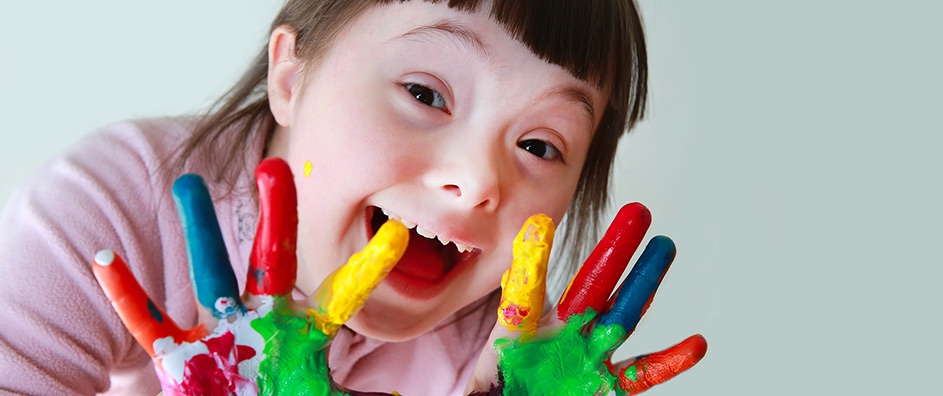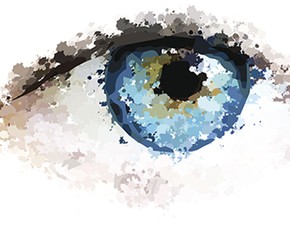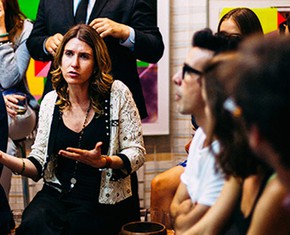The views expressed in our content reflect individual perspectives and do not represent the authoritative views of the Baha'i Faith.
A few years ago, a friend of mine asked me to go with her to visit her dad in the hospital. He had suffered severe brain damage following a car crash few years earlier.
That visit was very special to me, because it made me aware of the power of love for the first time. My friend’s dad had become disabled and had lost most of his memory. She would ask him a simple question such as: “What did you eat?” and he would not remember or show any reaction and yet when she asked him “Who am I?” he would look at her with bright eyes that displayed such deep love and tenderness. His love felt quite overwhelming and unmistakable.
Now, years later, I work at a medical practice where we help parents who have children with autism and other disabilities get medical attention for their kids. Many of my clients have children at various ages with severe autism, meaning they are completely non-verbal, sometimes still in diapers even in teenage years and beyond, often self-injurious or aggressive and with many more challenges—and yet I am stunned every time by the unconditional love and patience these parents have for their children and vice versa.
The Baha’i teachings describe the power of love this way:
It is the most wonderful, the greatest of all living powers. Love gives life to the lifeless. Love lights a flame in the heart that is cold. Love brings hope to the hopeless and gladdens the hearts of the sorrowful. In the world of existence there is indeed no greater power than the power of love. When the heart of man is aglow with the flame of love, he is ready to sacrifice all—even his life. – Abdu’l-Baha, Paris Talks, pp. 179-180.
This powerful force of love stems from our soul, and as I treat my patients it helps me to remember that our souls are untouched by physical constraints and disabilities:
Know thou that the soul of man is exalted above, and is independent of all infirmities of body or mind. That a sick person showeth signs of weakness is due to the hindrances that interpose themselves between his soul and his body, for the soul itself remaineth unaffected by any bodily ailments. Consider the light of the lamp. Though an external object may interfere with its radiance, the light itself continueth to shine with undiminished power. – Baha’u’llah, Gleanings from the Writings of Baha’u’llah, pp. 153-154.
Think about it this way: imagine that you know how to play a certain melody or song on the piano, but several keys on that piano are missing. You will not be able to play that melody on this particular piano—but the melody still exists in its complete and perfect form.
The Baha’i teachings say that the human soul has no physical connection to the body—but that disabilities or illnesses can prevent the soul from expressing itself in this physical world:
In like manner, every malady afflicting the body of man is an impediment that preventeth the soul from manifesting its inherent might and power. When it leaveth the body, however, it will evince such ascendancy, and reveal such influence as no force on earth can equal. Every pure, every refined and sanctified soul will be endowed with tremendous power, and shall rejoice with exceeding gladness. – Ibid.
The author John Hatcher once gave a lovely analogy that I will always remember. He said:
A person with a mental or physical disability can be compared to someone running a race against others. He is wearing a big sweat suit, falling far behind in the race and has to make tremendous effort to reach the others. After being last in reaching the finish line, he takes off the sweat suit and suddenly you see that heavy weights were strapped to all over his body and once he takes off the heavy weights, due to the of heavier load he had to carry, his muscles are now much stronger than the rest of us and he will win the next race in the spiritual world with ease …
Now how beautiful is that?
















Comments
Sign in or create an account
Continue with Googleor